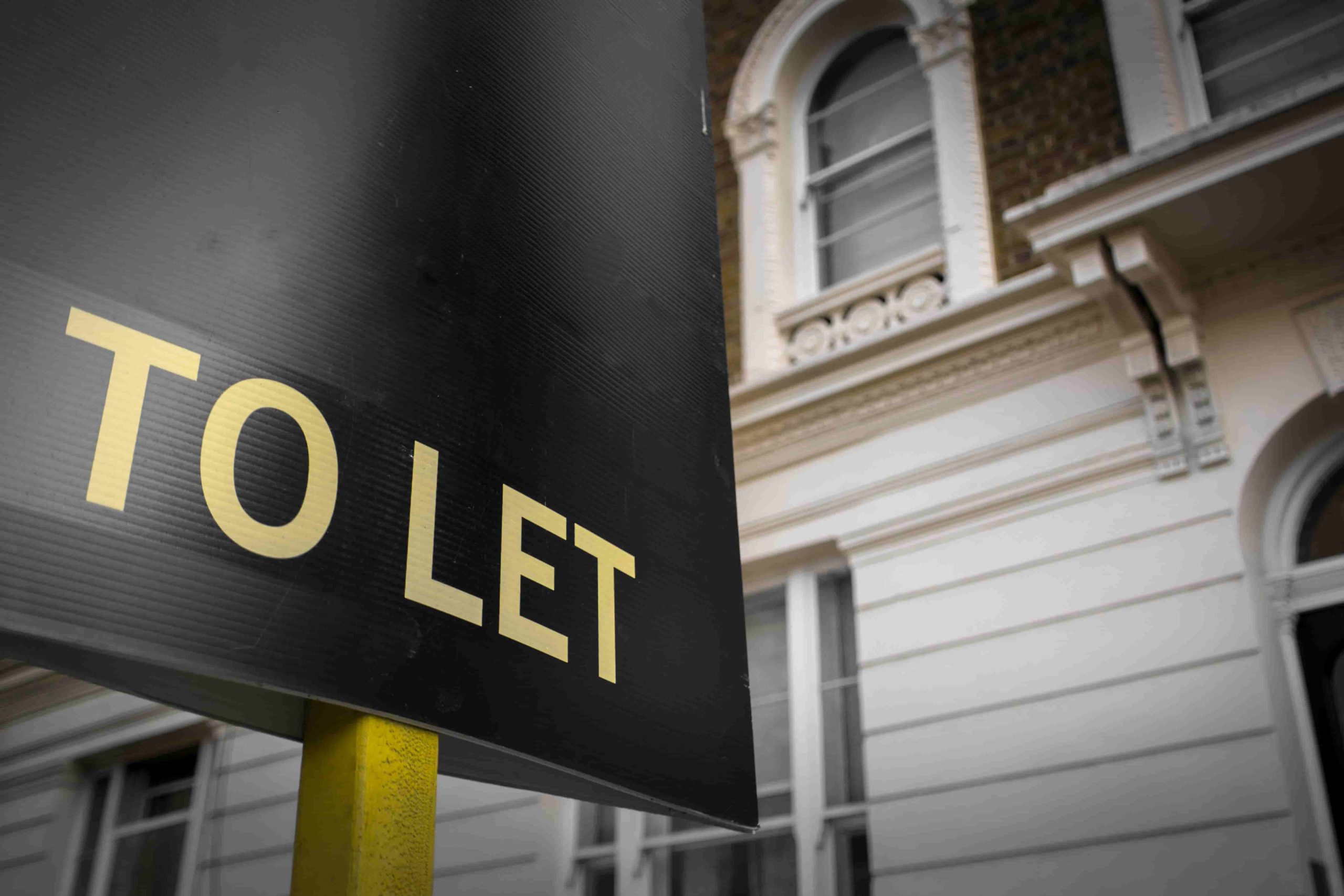
What is a Holding Deposit?
What is a holding deposit? How much can you be charged? When should you expect to get it back? Here’s a handy guide that answers some frequently asked questions.
What is a holding deposit?
A holding deposit is paid to a landlord or letting agent to reserve a particular property. It’s also known as a ‘holding fee’. Essentially, it secures a property for you.
When do you pay it?
Only pay a holding deposit if you’re serious about renting a property, e.g. when you’ve viewed it once or more. Ensure you get confirmation, or a receipt, of payment. If you decide not to go ahead, you may lose the money.
Is it binding?
No – paying the holding deposit does not necessarily mean you’ll be accepted to rent the property. The landlord may find someone else, or you may not pass the screening process.
When do you get a holding deposit back?
If you lose the property, for example if the landlord decides not to rent to you, you should get the holding deposit back in full.
You typically have 15 days from paying the holding deposit to enter into a tenancy agreement.
When can the landlord keep it?
In most cases, these are the only situations where a landlord can keep a holding deposit:
- If you misled them (e.g. wasted their time)
- If you decide not to rent the property
- If you fail a ‘right to rent’ check
- If you don’t take the necessary steps to meet the deadline for the agreement
If the money is withheld, you should be informed why within 7 days, in writing.
When can’t the landlord keep it?
It’s important you know your rights. The landlord should not keep the holding deposit in the following circumstances:
- If the landlord doesn’t offer you a tenancy
- If the deadline isn’t met due to no fault of your own
- If you fail certain reference checks (e.g. if your credit score is low)
You should receive the money back within 7 days. Contact the landlord or agent if you don’t hear anything.
What happens if the tenancy goes ahead?
If the tenancy goes ahead, the landlord can either:
- Return your deposit within 7 days
- Put it towards the tenancy deposit, or first month’s rent (you should be informed of which and get confirmation in writing)
How much can you expect to pay?
A holding deposit can’t be more than a week’s rent. It’s a good idea to get a feel for how much this would be yourself by doing this sum:
Monthly rent x 12 ÷ 52 = maximum holding deposit
If you’re charged over this, you should ask for a refund in writing; this maximum limit is part of the tenant fee ban, which came into effect in 2019.
How is a holding deposit different from a tenancy deposit?
A holding deposit is paid before someone becomes a tenant or anything is signed. Meanwhile, a tenancy deposit is paid before a tenant moves in and is part of the tenancy agreement.
In England, a tenancy deposit can legally be no more than 5 weeks’ rent for properties with an annual rent under £50,000 and 6 weeks’ rent for annual rents above £50,000. It also must be stored in a tenancy deposit protection scheme, such as MyDeposits.
Security deposits are about safeguarding the tenancy, for example, damage that could occur during the tenancy. You won’t get it back until the end of the tenancy.
Deposit alternatives
Finding cash for a deposit, 5-6 weeks’ rent, can be difficult for certain tenants to pay. Deposit alternatives exist as an option for some. These are usually smaller, for example 1 week’s rent. However, this one-off fee may be unreturnable.
It’s not for everyone, but it’s an option to consider if raising the full deposit is proving tricky.
Want to improve your credit score?
One of the most important things a landlord or letting agent will look at during the vetting process is your credit score. It is possible to rent with bad credit, however, it can be more difficult.
Finding out your credit rating is step number one to improving it. Some other tips include paying all bills on time, e.g. phone bill, and managing any existing credit. Check your credit score for free below.
Last Updated: November 21st, 2024







